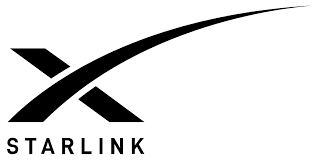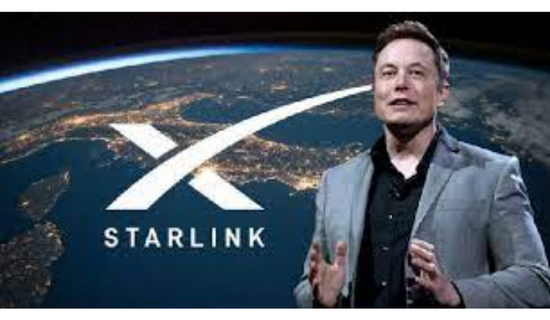In a significant shake‑up within Nigeria’s broadband landscape, new data from the Nigerian Communications Commission (NCC) reveals FibreOne has suffered a staggering 42 percent drop in active users – tumbling from roughly 33,010 at the end of 2023 to about 19,000 by the end of Q1 2025. This sharp decline, amounting to over 14,000 lost subscribers, marks the steepest fall among the country’s top-tier Internet service providers
The troubling trend doesn’t stop there. Starlink, the Elon Musk-backed satellite broadband newcomer, is recording its first-ever drop in subscriber numbers. After rocketing from 23,897 users in Q4 2023 to 65,564 by Q3 2024, its subscriber count has fallen to 59,509 by Q1 2025 – a reduction of more than 6,000 users in just two quarters
Meanwhile, trailblazer Spectranet, long considered Nigeria’s broadband anchor, has not been spared. Its ranks shrank from 105,441 at the end of Q3 2024 to 103,252 by Q1 2025, shedding over 2,100 subscribers during that period
Industry analysts point to a confluence of crippling factors: persistent economic headwinds, runaway inflation, escalating internet tariffs, and the relentless power crunch. Many subscribers, now pinching pennies, have switched to cheaper mobile data bundles offered by mobile network operators as a survival strategy .
Adding fuel to the fire, pricing models for major ISPs have come under pressure. Starlink bumped its monthly fee from ₦38,000 to ₦57,000 in April, following a telecom-wide tariff adjustment approved by the NCC in February 2025 – making its satellite service increasingly out of reach for many
IT analysts like Jide Awe from LEADERSHIP News warn that, unless ISPs reinvent themselves, they risk obsolescence. Instead of just selling bandwidth, providers are urged to pivot: introducing flexible pricing tiers, offering tailored packages for low‑income users, adding bundled services for sectors like education and healthcare, and investing in efficient solutions like solar power to offset chronic energy challenges
The traditional fibre-dependent firms, still dominant in urban hotspots, also face hurdles. Limited infrastructure rollout beyond city centres and high operational costs – from right‑of‑way charges to power supply – continue to block mass market penetration
With NCC reports indicating overall ISP subscriptions dropped from about 307,946 in Q3 2024 to just 289,369 in Q1 2025, the sector is visibly struggling. Heavyweight mobile network players like MTN, Airtel, Globacom and 9mobile, however, remain largely unfazed – with over 141.9 million active internet subscribers as of April, reflecting just a modest 0.07 percent dip
As broadband providers grapple with this crossroads, experts say reinvention will be critical. ISPs must build resilience — through smarter pricing, infrastructure investment, and expanded service offerings — or risk being hollowed out by consumers chasing affordability and flexibility.



